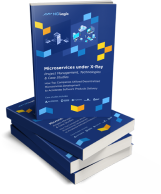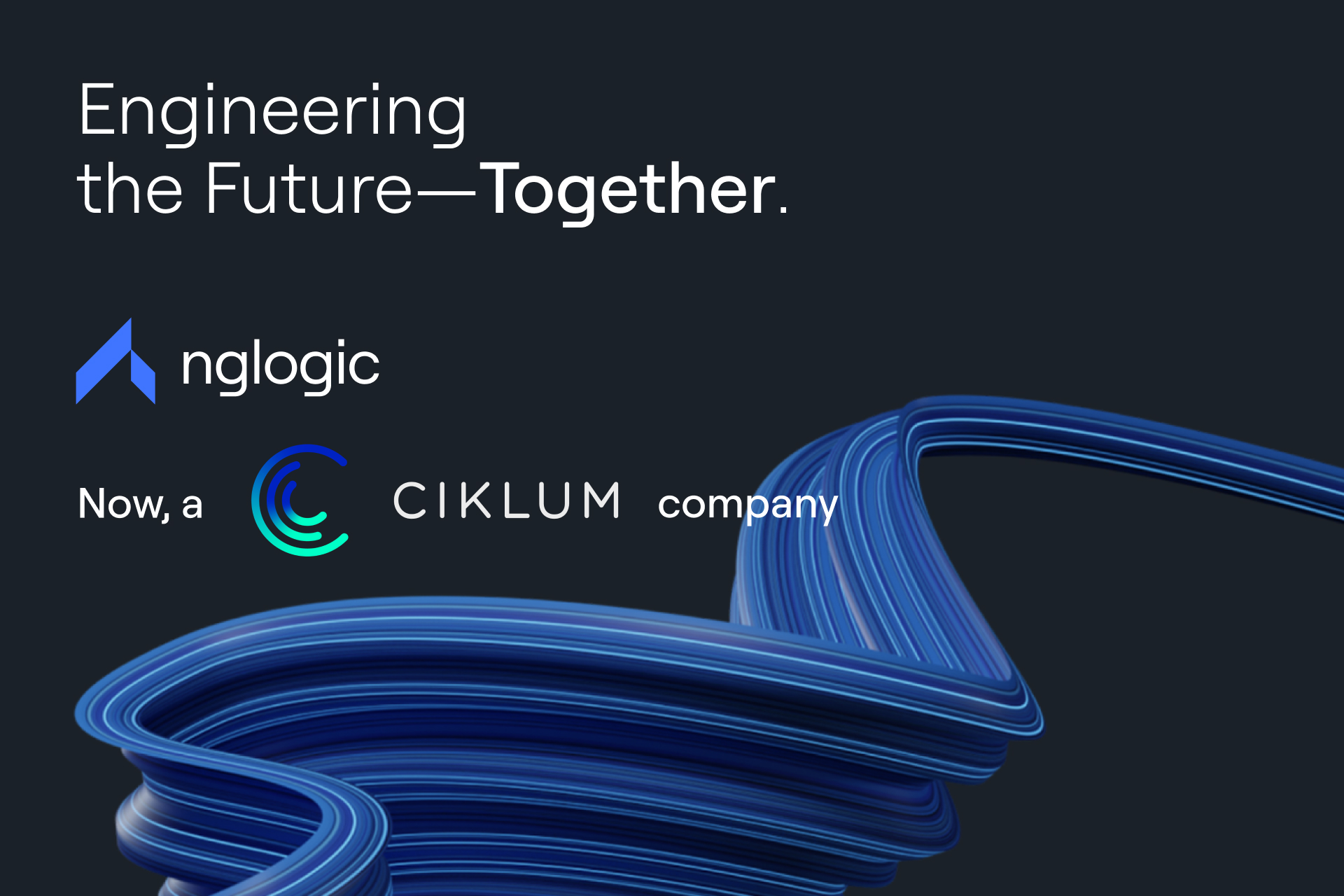In the blockchain world, smart contracts are key to decentralized applications (dApps), automating transactions and enforcing agreements without intermediaries. These contracts handle significant digital assets and perform crucial operations, making their security paramount. Smart contract audits are thus essential, scrutinizing the contract’s code for vulnerabilities to prevent potential security breaches. These audits are crucial for ensuring the integrity and functionality of smart contracts, instilling confidence within the blockchain community by safeguarding digital assets against unauthorized access or loss. As blockchain technology advances, the role of thorough smart contract audits remains indispensable in fostering a secure and trustworthy digital ecosystem.
Understanding Smart Contract Security Audits
A smart contract security audit is a comprehensive process undertaken by skilled security professionals who meticulously analyze the contract’s underlying code. This examination is aimed at uncovering any existing security vulnerabilities, instances of inefficient code, and areas where the contract may not align with established best practices. The primary goal of these audits is to identify and rectify potential security threats that could compromise the integrity and functionality of the smart contract. By thoroughly reviewing the code, auditors ensure that the smart contract operates flawlessly, adhering to its intended logic and safeguarding against vulnerabilities that malicious actors might exploit. This rigorous process is vital for maintaining the trustworthiness and reliability of smart contracts, making them a secure foundation for the various applications they support within the blockchain ecosystem.
The Process of Conducting Smart Contract Audits
Automated Testing and Manual Review
The journey of a smart contract audit typically commences with automated testing, a phase where advanced smart contract audit tools are deployed. These tools are designed to efficiently scan through the smart contract code, identifying common vulnerabilities that could potentially compromise the security of the contract. Among these are security issues such as reentrancy, overflow/underflow, and access control vulnerabilities, which automated tools can detect with high accuracy. However, relying solely on automated analysis is not enough to guarantee the security of smart contracts.
This is where the indispensable role of manual review comes into play. Experienced smart contract auditors meticulously examine the contract’s logic, function control flow, and other intricate details that automated tools might overlook. This in-depth review is crucial for uncovering hidden vulnerabilities and ensuring that every line of the smart contract code is secure and functions as intended. Moreover, this process aids auditors in gaining a deeper understanding of the smart contract’s architecture, enabling them to pinpoint potential weak points that could be exploited by malicious actors.
Integration Tests and Code Review
Integration tests are a pivotal aspect of the smart contract audit process, assessing the interoperability of the smart contract’s individual functions both among themselves and with external systems. This stage is vital for ensuring that the smart contract operates seamlessly within the broader ecosystem of decentralized applications (dApps). Furthermore, a code freeze is often implemented during the manual review process. This practice ensures that no new code is introduced, allowing the audit team to concentrate on thoroughly examining the existing smart contract code for inefficiencies and errors.
The Final Audit Report
Upon the conclusion of the rigorous audit process, a detailed final report is compiled. This report is a comprehensive document that encapsulates all identified vulnerabilities, inefficiencies, and areas of non-compliance with best coding practices. It also includes actionable recommendations for remediation, providing the project team with a clear roadmap for enhancing the security and efficiency of the smart contract. This audit report is an invaluable resource for the project team, enabling them to make informed decisions regarding necessary modifications and improvements. Additionally, the report plays a critical role in building trust among users, investors, and other stakeholders by demonstrating the project’s commitment to maintaining the highest standards of blockchain security and compliance.
Why Are Regular Smart Contract Audits Crucial?
Regular smart contract audits are fundamental in the blockchain ecosystem, ensuring the ongoing security and reliability of decentralized applications (dApps). These audits are pivotal for several reasons:
Security Maintenance: They proactively identify and fix vulnerabilities that could be exploited by malicious actors, safeguarding against potential security breaches and protecting digital assets.
Trust Building: Regular audits demonstrate a commitment to security, fostering trust among users, investors, and stakeholders. This trust is essential for the growth and adoption of dApps.
Compliance and Adaptability: As the blockchain landscape evolves, so do the potential security threats and regulatory requirements. Regular audits ensure that smart contracts stay compliant with current laws and resilient against new vulnerabilities.
Code Integrity: Updates and enhancements to dApps are necessary for their growth but can introduce new risks. Audits verify that modifications don’t compromise the smart contract’s integrity.
Audit Costs Overview
The price of a smart contract audit fluctuates with the contract’s complexity and the auditing firm’s reputation. Simple contracts are cheaper to audit than complex ones, which require a more thorough investigation due to their intricate functionalities and interactions. Although the cost can be substantial, it’s a vital investment for ensuring a project’s security and long-term viability. The expertise of reputable audit firms, while possibly more expensive, offers in-depth analysis that can identify and mitigate deep-rooted vulnerabilities, outweighing the initial financial outlay when considering the potential risks and damages of security breaches.
Tools Employed in Audits
Smart contract audits utilize a mix of automated tools and manual review processes to ensure a comprehensive security assessment. Automated tools like MythX and Slither help quickly identify common vulnerabilities through static analysis, serving as an efficient preliminary check. However, the complexity of smart contracts often requires the nuanced understanding of experienced auditors to explore beyond what automated tools can detect, especially for custom logic and sophisticated contract structures.
Integration testing and dynamic analysis also play critical roles, simulating real-world scenarios to test the contract’s performance and uncover any operational vulnerabilities. These methods ensure that the contract will function correctly under various conditions, providing an additional layer of security assurance.
Selecting the Right Smart Contract Auditor
Choosing the right smart contract auditor is a critical decision for any blockchain project, as it significantly influences the project’s security and credibility. Here are the essential factors to consider:
Expertise and Experience
Focus on auditors with a solid background in blockchain and smart contract vulnerabilities. Review their portfolio to gauge their experience with projects similar to yours, ensuring they have the requisite technical depth.
Community Reputation
A reputable audit firm is often recognized by the blockchain community. Look for recommendations and feedback from their previous clients to assess their reliability and the quality of their audit services.
Auditing Approach
Evaluate their auditing methodology, especially their balance between automated tools and manual inspection. A comprehensive audit should include both to ensure all potential security issues are identified.
Communication and Post-Audit Support
Consider firms that emphasize transparent communication throughout the audit process and offer detailed reports with actionable insights. Post-audit support for implementing fixes and follow-up reviews can be invaluable.
Conclusion: The Vital Role of Smart Contract Audits
Smart contract audits are fundamental for the security and success of blockchain projects. These audits rigorously evaluate smart contracts to identify vulnerabilities, ensuring that the code is not only secure but also in compliance with evolving best practices and legal standards. This process protects stakeholders’ interests and assets, fostering trust in decentralized applications (dApps).
Moreover, smart contract audits contribute significantly to a project’s longevity and trustworthiness by ensuring compliance with regulatory standards, thus navigating the complex legal landscape of blockchain technology. Regular and thorough audits are critical in building user trust, a crucial factor for the adoption and growth of dApps.
FAQ Section
How do we interpret an audit report?
An audit report typically categorizes findings based on severity, from informational warnings to critical vulnerabilities. Focus first on addressing critical and high-severity issues, as these pose the most significant risk to your smart contract’s security and functionality. The report should also offer recommendations for resolving these issues. Use the report as a checklist for enhancing your smart contract before considering deployment or updates.
Why is technical documentation significant for an audit?
Technical documentation provides auditors with a roadmap of your smart contract, detailing its intended functions and interactions within the ecosystem. This context is crucial for auditors to accurately assess the contract’s logic and security measures. Well-prepared documentation can significantly streamline the audit process, leading to more precise and actionable findings.
How can project teams utilize the findings from a completed audit to enhance their blockchain security measures?
The findings from a completed audit are not just a list of issues to be fixed but a valuable insight into the overall security posture of your smart contract. Address the vulnerabilities identified in the report promptly and thoroughly. Beyond immediate fixes, use the report to educate your development team on best practices and common pitfalls in smart contract development. Implementing regular code reviews and integrating security considerations into the development lifecycle can prevent similar issues in future projects.
What steps should be taken after addressing the audit findings?
After addressing the audit findings, it’s advisable to have a follow-up review or a complete re-audit, especially for critical vulnerabilities. This ensures that the fixes were implemented correctly and did not introduce new issues. Keep an ongoing relationship with your audit firm for future audits and security consultations. Regularly updating your smart contract to adhere to new security best practices and regulations is also key to maintaining a secure and compliant blockchain project.












 +1 (888)
413 3806
+1 (888)
413 3806